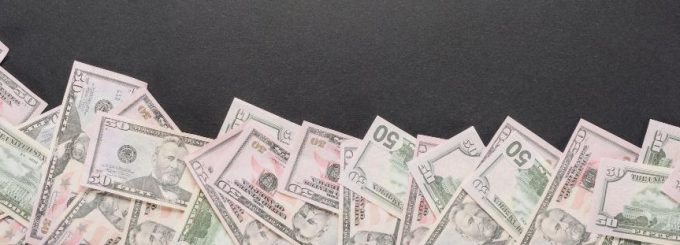Historical Perspectives on Currency: From Antiquity to Modern Times

Currency has played a pivotal role in the development of economies throughout history. From the earliest barter systems to modern digital currencies, the evolution of money reflects the progress of human civilization. This article looks back into historical perspectives on currency, highlighting key milestones from antiquity to the present day.
The Origins of Currency
The history of currency dates back to ancient times when barter systems were the primary means of trade. As societies grew, the limitations of barter led to the creation of money as a medium of exchange. The earliest forms of currency included commodities like grains, livestock, and shells.
Metal coins emerged around 600 BCE in Lydia, present-day Turkey, revolutionizing trade. Coins offered a standardized value, making transactions simpler and more efficient. This innovation spread rapidly, with different civilizations adopting their own coinage systems.
Medieval and Renaissance Developments
During the medieval period, the use of metal coins continued to expand. European economies saw the introduction of gold and silver coins, facilitating international trade. The stability of these coins’ value made them a trusted medium of exchange.
The Renaissance brought significant advancements in banking and finance. The invention of the printing press in the 15th century enabled the production of paper money. This shift from coins to banknotes marked a major development in the history of currency.
The Rise of Modern Currency
The 18th and 19th centuries witnessed the establishment of central banks and national currencies. Countries began to issue standardized paper money, backed by precious metals like gold and silver. This period also saw the introduction of banknotes with security features to prevent counterfeiting.
The 20th century brought further changes with the abandonment of the gold standard. Fiat money, currency without intrinsic value but established as money by government regulation, became the norm. This shift allowed for greater flexibility in monetary policy and economic management.
Digital Currency and the Future
The advent of digital technology has revolutionized the concept of money. Cryptocurrencies, like Bitcoin, have emerged as decentralized digital currencies. These currencies use blockchain technology to ensure secure and transparent transactions.
Digital currencies offer numerous advantages, including lower transaction costs and faster transfer times. However, they also pose challenges, such as regulatory concerns and market volatility. The future of currency is likely to see continued innovation and adaptation to technological advancements.
Why Understanding these Perspectives is Important
Understanding historical perspectives on currency provides valuable insights into how economies have evolved. By exploring the origins, developments, and future of currency, collectors and investors can appreciate its significance and make informed decisions when making investments later.
Buying and Selling Currency at Coin Exchange
Coin Exchange provides a seamless process for buying and selling currency. Our extensive inventory includes a diverse selection of historical coins and banknotes, catering to both collectors and investors. We ensure that each item is authenticated and accurately graded, offering you peace of mind with every purchase.
When selling currency, you can trust our expertise to provide fair evaluations and competitive offers. Our experienced staff is well-versed in the nuances of numismatics, ensuring that you receive the best value for your items. Whether buying or selling, Coin Exchange is your trusted partner in the world of currency.


